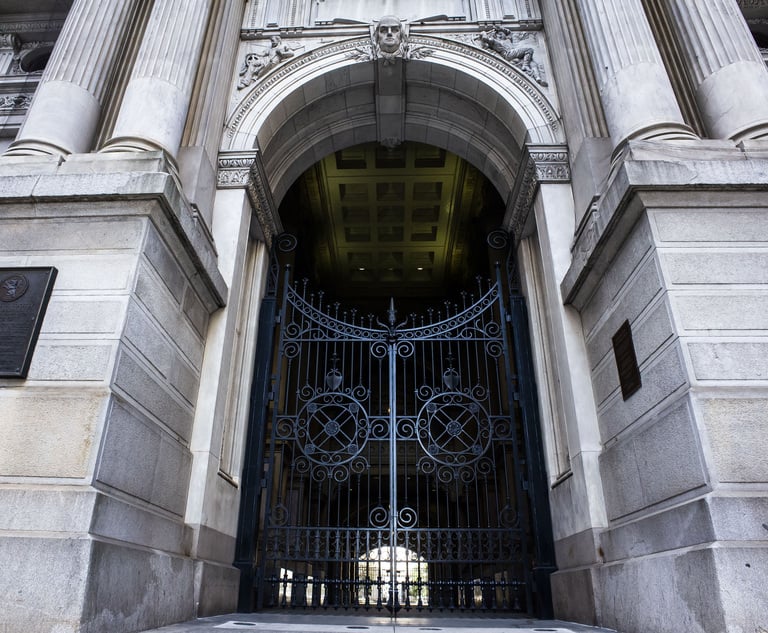We have all seen it before. You are trying to get information to prove or defend your case, but what the opposing party produces does not seem sufficiently complete. Or perhaps it is the other way around; your client has already produced thousands (or millions) of documents, but still, the other side believes you are hiding something and that more data “must” exist. Increasingly, these disputes end up in a fight over relief that was once rarely sought (and even more rarely granted) but has become more and more common: requests for a court-ordered forensic examination of the producing party’s systems or devices to find any “missing” data.
As recent cases in this space have demonstrated, courts have generally refused to order such examinations based solely on the requesting party’s speculation or skepticism, but it is a different story where there is clear evidence data existed at one point that now cannot be found. And even where examinations are ordered, courts have put a variety of safeguards in place to protect the privacy and confidentiality interests that such examinations threaten. Before initiating a request for forensic examination, here are some considerations and background to keep in mind.


 Benjamin M. Redgrave(L) and Nick B. Snavely(R) of Redgrave. Courtesy photos
Benjamin M. Redgrave(L) and Nick B. Snavely(R) of Redgrave. Courtesy photos




